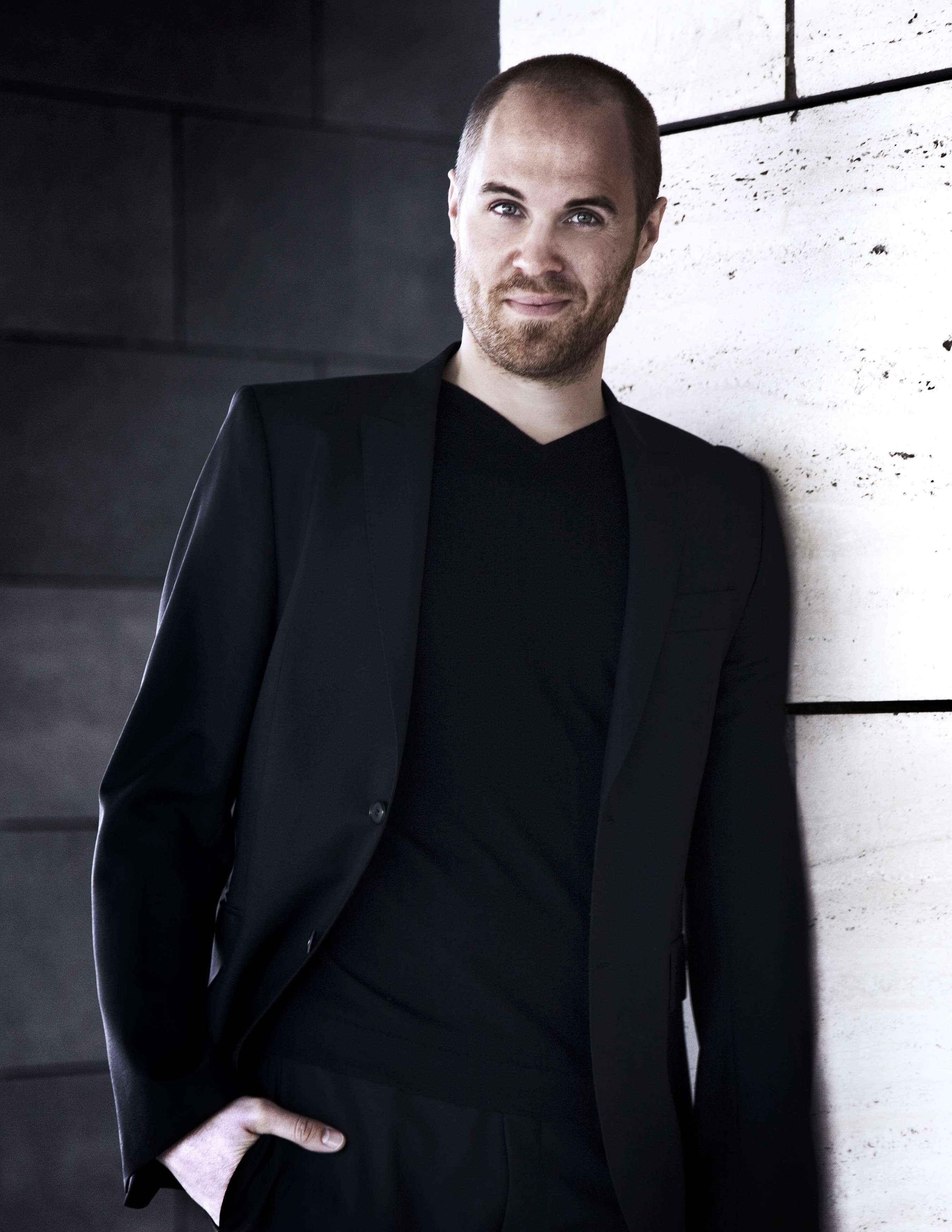|
Back
A choral master-class Zurich
Tonhalle
06/21/2011 - and June 19, 2011 (Leipzig)
Johann Sebastian Bach: Mass in B minor BWV 232
Anna Prohaska (soprano), Marie-Claude Chappuis (mezzo-soprano), Andreas Scholl (countertenor), Magnus Staveland (tenor), Johannes Weisser (baritone)
Balthasar-Neumann-Chor, Detlef Bratschke (chorus master), Akademie für Alte Musik Berlin, René Jacobs (conductor)

M. Staveland (© Tim Bjørn)
The work needs no introduction of course, it’s a warhorse of the baroque period and in the repertoire of every major choir and almost a sure fire bet nowadays to fill a hall. René Jacobs is a leading exponent of the genre, starting off as countertenor, then founding the Concerto Vocale Gent in 1977. The Akademie für Alte Musik started its life in 1982, in East Berlin, and is now a leading chamber orchestra; their collaboration with Jacobs goes back 21 years and it shows. Jacobs has an unconventional (but probably authentic) conducting style, the rapport between him and the orchestra was however excellent, even if once or twice a start or an overlap were a mite scrappy.
The Balthasar-Neumann Choir was formed in 1991 by Thomas Hengelbrock to specialise in music from the 16th to the 18th century. During the Schwetzingen Festival they sang and acted the B Minor Mass and there were times during this performance where some choristers had forgotten they were not acting the parts. There was much head-swaying and beaming smiles as one chorister turned to another as if to say: “We are really enjoying this and aren’t we singing well!”. They were doing both, it has to be said.
Jacobs took the work at a fair lick. There was no lingering at any stage. Some listeners may have been disturbed by such a reading but personally I found it thrilling. So did the audience – the performance received a justly deserved standing ovation, a rare occurrence in restrained Zurich. The music simply flowed, choral timing, intonation and diction were faultless (the chorus-master was one of the 30 singers); there were thrilling waves of sound both in the “Sanctus” and “Gloria”. The singers were quite unequally divided into small groups of their parts which kept them on their toes and the result was a harmonious vocal blend. The orchestra’s principals stood whenever solos were required and played with gusto, in full command of their period instruments. Special mentions would be odious; it was very much a team effort.
The soloists were, sadly, more of a mixed bunch. In “Et incarnatus est” they did however blend beautifully. Anna Prohaska, described as Anglo-Austrian, the soprano, started nervously but improved as the evening progressed: her slit dress however, straight out of Aida, was inappropriate for Bach. Marie-Claude Chappuis, mezzo, was the only Swiss in the team and rather characterless and disappointing. Magnus Staveland was a firm tenor and Johannes Weisser an impressive baritone: both Norwegians. I was looking forward to Andreas Scholl with his countertenor contributions but on this evening his sound was often uneven and not the highlight it might have been. The soloists however almost paled into virtual insignificance given the virtuosic display by the chorus, quite a master-class in choral singing.
John Rhodes
|